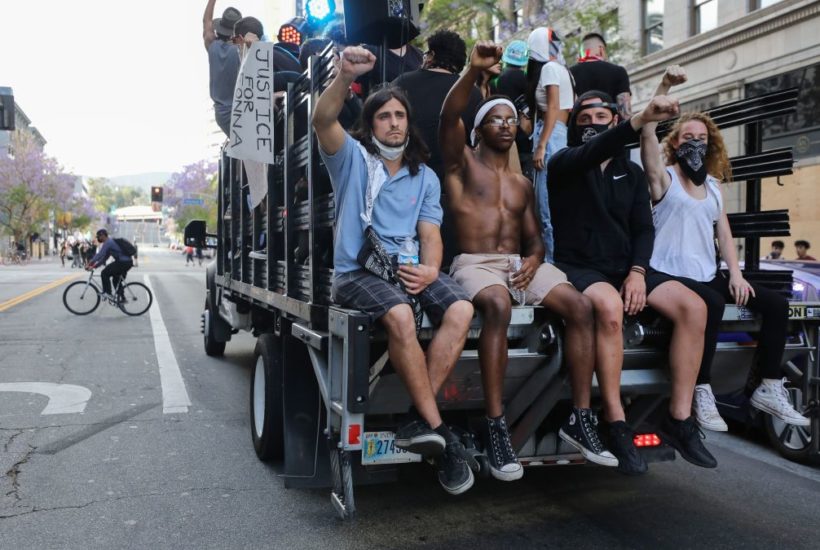In Critical Race Theory, ‘racism’ means ‘systemic racism’, which is said to be ‘the ordinary state of affairs’ in the United States
How do you navigate conversations with people when the default assumption is that you’re a racist? What do you do when calmly and sincerely stating that you are not a racist is taken as evidence of your guilt of racism?
First, understand what the terms mean, where they come from, and who are the proponents. ‘Anti-racism’ means being against racism, except for one important detail. What anti-racist advocates mean when they use the word ‘racism’ isn’t the same as what most people mean.
‘Anti-racism’ comes directly from the academic scholarship of Critical Race Theory. In Critical Race Theory, ‘racism’ means ‘systemic racism’, which is said to be ‘the ordinary state of affairs’ in the United States. Systemic racism is believed to be the explanation for every disparity in outcomes in which some minority groups, especially blacks, have worse outcomes than whites (or Jews and Asians). The academic definition of ‘anti-racism’ includes ‘working to identify internalized racial dominance if you are White’ or a ‘person of Color’, ‘joining organizations working for racial justice’, and ‘seeking out continuing education’ in the theory of ‘anti-racism’. It is described as a ‘lifelong commitment to an ongoing process’ that includes social activism to end what it calls ‘racism’, which has an equally peculiar definition.
Robin DiAngelo, a New York Times bestselling scholar of the ‘critical whiteness’ aspect of Critical Race Theory, sees racism in everything. She explains what she calls ‘racism’ this way: ‘the question is not “did racism take place?” but instead “how did racism manifest in this situation?”’ In other words, all situations contain racism, and it is up to the anti-racist activist to uncover it. To do anything else is described as — you guessed it — being a ‘racist’ by upholding ‘racism’.
Second, understand how these ideas are used unfairly against you. The ‘anti-racism’ program offered by Critical Race Theory offers no neutrality. Everyone is either an ‘anti-racist’ or they are ‘racists’ by default. The lines of literature in which DiAngelo situates her claims clearly state that there is no such thing as being not-racist, and she repeatedly asserts that neutrality on this issue means favoring ‘racism’. Not even progressives are safe. DiAngelo writes, ‘white progressives cause the most daily damage to people of color. I define a white progressive as any white person who thinks he or she is not racist, or is less racist.’
This false dichotomy is central to the ‘anti-racism’ narrative currently being forwarded, especially by other New York Times bestselling authors like Ijeoma Oluo, Layla F. Saad, and Ibram X. Kendi, whose books are currently dominating the bestseller lists. Put bluntly, the only option these activist-scholars offer is to join their movement or accept being a ‘racist’.
Peter Boghossian, James Lindsay – Spectator | USA – June 16, 2020.




